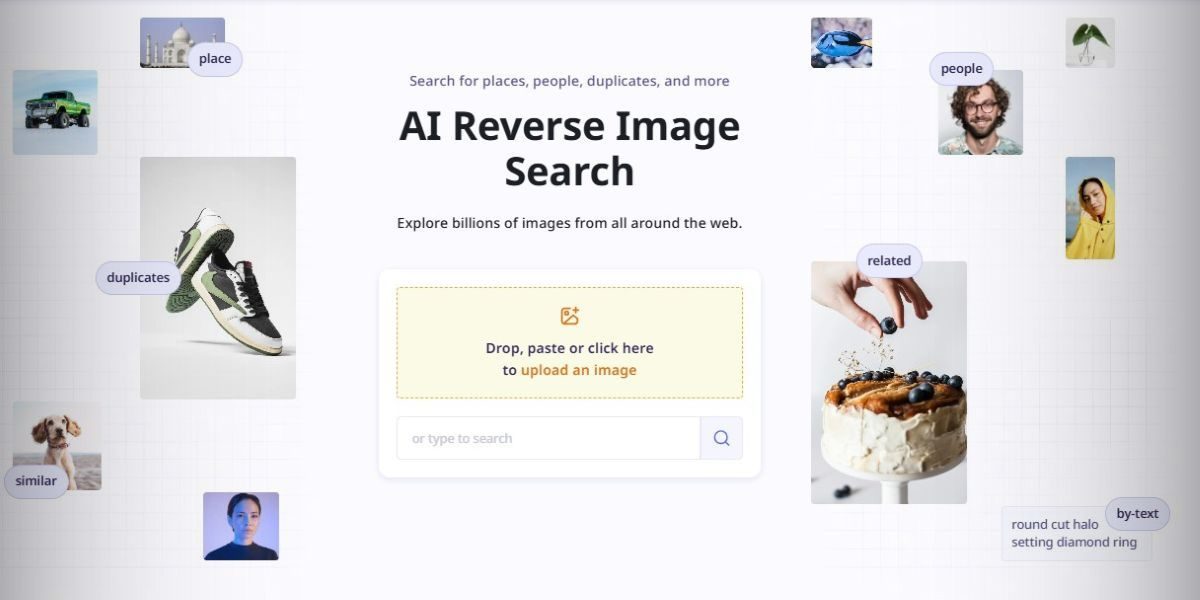As digital interaction deepens, technologies that streamline visual data have become central to the global tech ecosystem. Image search, a process initially developed to pinpoint simple photos, has gradually evolved to involve sophisticated techniques such as facial recognition and landmark distinguishing, among other capabilities. In this competitive and rapidly evolving space, companies aim to meet growing demands for efficient, accurate image analysis fueled by e-commerce, security, and social media sectors. Poland-based lenso.ai, established in 2024, has emerged with offerings that seek to advance accessibility and precision in reverse image search and recognition, led by Lukasz Kowalczyk.
The foundation of lenso.ai rests on its innovative approach to reverse image search, which allows users to find the origins of images or locate visually similar content. The company’s platform supports this capability with extensive data indexing and customizable features for enhanced user engagement. This approach aligns with the growing demand for robust, user-friendly technology that can serve both general consumers and industry-specific users. Unlike traditional text-based search tools, image search offers solutions for visual queries that can serve both everyday and commercial applications. Lenso.ai’s presence in this space reflects its commitment to delivering practical, accessible image recognition technology, with a focus on user privacy and data security.
As the platform positions itself within the competitive landscape, lenso.ai distinguishes itself with its carefully considered approach to privacy—foregoing long-term storage of user-uploaded images. This privacy commitment can be a considerable advantage for many users, setting it apart from some larger entities in the field, where storage concerns or data-sharing policies might deter potential clients. Additionally, the platform’s multilingual support, offering services in 16 languages, has allowed it to extend its reach across diverse markets, highlighting its early intention to establish an international user base.
Compared with other significant players in reverse image search, lenso.ai’s versatility and privacy measures emerge as distinctive features. For instance, platforms like Google and TinEye offer vital, widely used image search functions, but they may differ in their handling of privacy or focus areas. Where some of these larger firms specialize in broad search functionalities or cater to specific user needs, lenso.ai’s strategic partnership with Eyematch.ai in select regions for advanced facial recognition demonstrates its effort to serve niche industries. This partnership underlines lenso.ai’s ability to tailor its services for targeted use cases, like security and social verification, which might appeal to organizations focused on precise and privacy-sensitive search technologies.
Customer reception of lenso.ai’s technology, while still in the early stages of measurable data due to its recent establishment, has reportedly shown positive trends. Initial user feedback and case studies suggest that the platform’s straightforward interface and privacy-forward approach resonate well with individuals and entities prioritizing security and streamlined functionality. Testimonials from early adopters highlight an appreciation for the platform’s accuracy in locating images that have been altered or otherwise modified—a capability increasingly in demand as the digital landscape grapples with issues surrounding image manipulation and misinformation.
In terms of potential future advancements, lenso.ai is believed to be exploring developments aimed at enhancing the platform’s facial recognition capabilities and potentially expanding the number of supported languages. Expansions in language support could further the company’s international accessibility, an area that has already contributed to its initial growth. Although these plans remain speculative, the company’s efforts in research and partnership-building indicate a forward-looking approach.
The technological capabilities of lenso.ai, like many in the image recognition field, carry the potential to impact various sectors. The capacity to accurately source or recognize images could be particularly advantageous for e-commerce, where finding products or verifying authenticity plays a critical role. In marketing, image recognition may support targeted advertisements or personalized user experiences, using visual data to make recommendations or support brand interactions. Law enforcement could also benefit from such technologies, especially in cases where visual evidence may need to be cross-referenced or verified rapidly.
As a privacy-sensitive and feature-diverse tool, this positioning places lenso.ai among the growing entities focused on merging user control with powerful AI functionalities. However, the landscape of reverse image search remains competitive, and lenso.ai’s success will likely depend on its ability to continuously evolve in response to both technological advances and shifting user expectations.
Published by Jeremy S.









